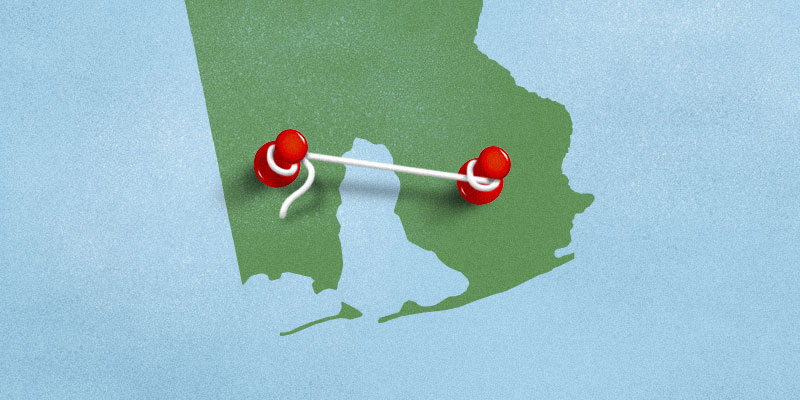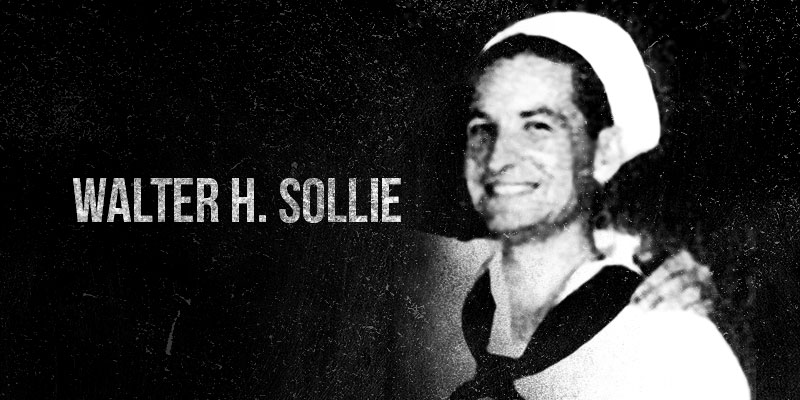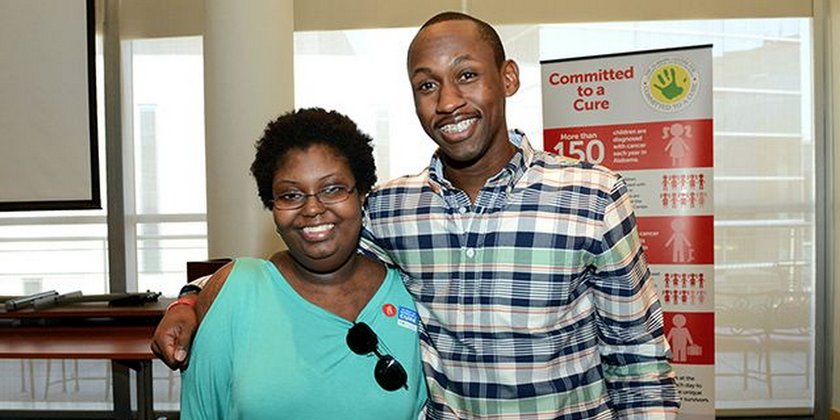 Ever since announcing his candidacy back at the beginning of June, former Alabama state senator and two-year college chancellor Bradley Byrne has been one of the front-runners, if not the front-runner, for Alabama’s First Congressional District seat soon to be vacated by U.S. Rep. Jo Bonner, R-Mobile.
Ever since announcing his candidacy back at the beginning of June, former Alabama state senator and two-year college chancellor Bradley Byrne has been one of the front-runners, if not the front-runner, for Alabama’s First Congressional District seat soon to be vacated by U.S. Rep. Jo Bonner, R-Mobile.
But there are still those out there doubting his candidacy. Many Byrne detractors reference his shortcomings in his failed 2010 bid for governor and his early political career as a Democrat, most notably his support of Bill Clinton’s presidential bid in 1992.
Yet others say the race among the crowded field is not for the pole position, which they say Byrne has locked up, but for a slot in a likely runoff against him for the Republican nomination.
In the nearly two months since Bonner’s resignation announcement, two schools of thought have emerged on how to focus a campaign in the First Congressional District. The first calls for a focus on tea party messaging, calling for smaller government and pushing back against the Obama administration. The second is to focus on economic development, which could mean “bringing home the bacon” and perhaps going against conservative orthodoxy when it might be beneficial to south Alabama.
Byrne last week sat down for an interview with Yellowhammer Politics in Washington, D.C., and argued it would be possible to play both roles for the district when necessary.
When it comes to his conservative bonafides and his willingness to push back against the establishment, Byrne pointed to his 2004 filibuster of a bill that would have changed the Teacher Tenure Act, which was a compromise between then-Gov. Bob Riley and the Alabama Education Association.
The filibuster was ultimately unsuccessful, but Byrne said it demonstrated his willingness to take on a fight.
“If you look at my time in the Senate, you can see there were times that I was willing to be the point of the spear, fighting on those issues,” Byrne said. “I conducted a two-week filibuster against a terrible bill that would change the tenure laws — one that would have allowed a teacher in Washington County to continue to draw a paycheck while she stayed in jail. So there were times I was willing to get up and fight like that.”
As for what he intended to do to serve the specific interests of the First Congressional District in Congress, Byrne laid out his key priorities.
His main concerns included maintaining Austal’s contract for the LCS-2 with the U.S. Navy, building the bridge for Interstate 10 across Mobile Bay to alleviate the bottleneck of the Wallace Tunnel, completing the so-called Foley Beach Express all the way to Interstate 65, seeing to the needs of the 40,000 military veterans in the District, expanding the port in Mobile, granting funding for the University of South Alabama Medical Center’s Cancer Institute and maintaining and improving the District’s position with regard to the BP oil spill settlement.
Byrne’s 2010 gubernatorial bid was a hostile one, all the way into the late stages of the runoff between him and now current Gov. Robert Bentley. And although Byrne hasn’t been afraid to criticize his former competitor on public policy, most recently with the Governor’s attempt to delay the implementation of the Alabama Accountability Act, he insisted his current relationship with Bentley was in good working order.
“It’s good,” he said. “I don’t expect there to be any problems.”
Byrne also voiced his optimism for this election and drew a distinction between this bid and his previous effort.
“I’m looking forward to it,” Byrne said. “I enjoy campaigning. It’s fun for me. This campaign, unlike my governor’s race, is a campaign with people that I know. In the governor’s race, I was campaigning all over the state with a lot of people I didn’t know. I got to know a lot of great people who were great to me in the campaign.”
He insisted he was better suited for south Alabama based on his service as a state senator for Mobile, Baldwin and Escambia Counties and noted his familiarity with the area.
Although Byrne was immediately considered to be an early favorite to replace Bonner, he says the decision to run was not an easy one.
“It really wasn’t,” he said. “And the reason it wasn’t was because my family went through some very difficult times during the [2010 gubernatorial] race. And it’s hard for me to just say to my family I’m going to drag you through that again. So we took our time. We prayed about it. We had a family meeting … we voted and after we prayed and thought about it, the vote was unanimous. And once you make the decision, it becomes a lot easier. It was hard to make the decision, but once you make the decision, it’s like getting back on a bicycle.”
Check out our interview series with the AL01 candidates:
1. AL01 candidates give their take on rifts in the GOP
2. AL01 candidates talk job creation and the economy
3. AL01 candidates riff on how their interests & abilities could benefit the District
4. AL01 candidates discuss their political role models
5. What qualifies AL01 candidates to represent the District in Congress?
What else is going on?
1. Enviro representative: It is ‘batsh** crazy’ to pray at public meetings
2. Mo Brooks: Senate ‘Gang of 8’ immigration reform would lower US standard of living
3. Roby seeks reforms to ‘No Child Left Behind’
4. Freshman Rep. Bill Poole to Chair Powerful Ways & Means Committee
5. The War on Coal Hits Home












